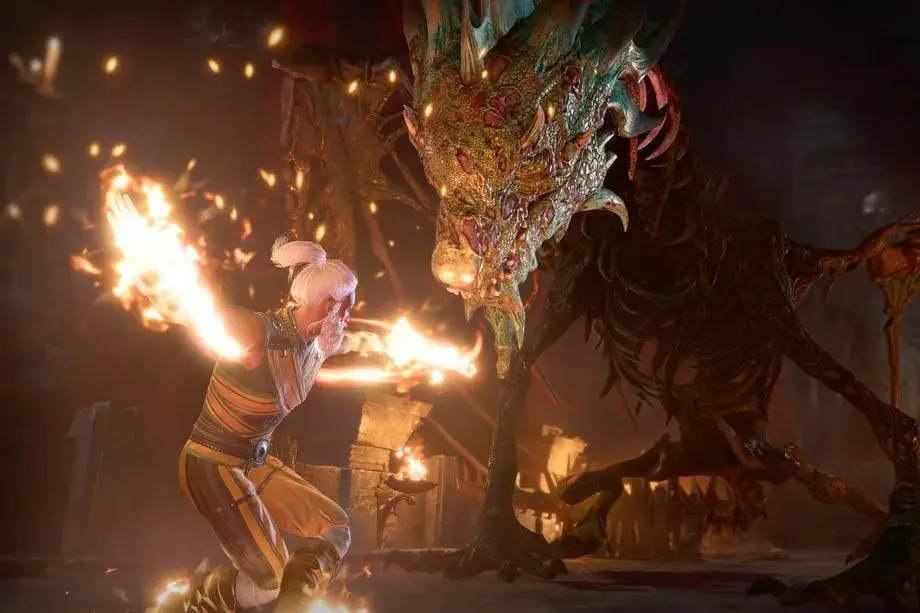- cross-posted to:
- games
- xbox
- [email protected]
- cross-posted to:
- games
- xbox
- [email protected]
At the start of this console generation, Microsoft made a surprising decision. Rather than split its consoles between disc and digital-only like Sony, it actually split them between power level. The Xbox Series S was cheaper, but lacked the horsepower of the more expensive Series X. It was meant to be a bridge between generations and a lower cost entry point, but Microsoft made an important promise.
While there would be some variance in technical capabilities between consoles, feature parity between the two would remain the same. It would remain the same because Microsoft would demand it remain the same, from both its own studios and third parties.
However, over time, that has become harder and harder to satisfy. Some developers have grumbled about the Series S requirements for a while, but now, we have a prime example of this parity demand actively hurting the Xbox ecosystem and its own players. Larian has delayed the release of Baldur’s Gate 3, currently on pace to possibly be 2023’s Game of the Year, until they can figure out how to make split-screen work on Series S.
Michael Douse, director of publishing, made the problem very plain:
“We’ve said many times in the past that the issue is getting split-screen working on the Series S, which is taking more time, but is in progress,” Douse said on Twitter. “This is a huge technical hurdle, but we are unable to release the game on the ecosystem without this feature.”
“We cannot remove the split-screen feature because we are obliged to launch with feature parity, and so continue to try and make it work. We have quite a few engineers working very hard to do what no other RPG of this scale has achieved: seamless drop-in, drop-out co-op on Series S. We hope to have an update by the end of the year.”
Microsoft’s demand for feature parity between Series X and S quite literally means that Xbox players may not be able to play 2023’s possible GOTY until…2024. Larian cannot simply cut the feature because Microsoft won’t let them. A feature that the majority of players of the game probably will never even use, mind you.
You can say “okay well, Microsoft just needs to end the feature parity demand between X and S.” In this case, Microsoft could give the okay to cut split-screen and the game could release. And yet, you can see how Microsoft has sort of trapped itself. For Baldur’s Gate 3 that means split-screen, and Xbox owners who are not following video game news every second of the day might find themselves buying a Series S version thinking they can play co-op with their friend and they…can’t.
You can extrapolate that out to any number of games. Various points of pain in Series S development could result in any number of cut features, and those would have to be explained away in fine print for Series S players, or they’d simply buy the games and be upset that those features weren’t there, not knowing any of this.
This is Microsoft not really thinking through the concept of the Series S from the start. The feature parity demand actually does seem necessary, but the further we get into this generation, the more modern games are pushing the technical envelope, and the more Series S is straining to keep up, and developers are straining to meet Microsoft’s demands. As we can see in this example, Microsoft has essentially handed PlayStation a console exclusive for one of the biggest games of the year, without Sony even needing to make any kind of a deal. That’s a disaster.
It’s not clear if there’s a way out of this. Stopping the feature parity demand would be a mess. Stopping Series S sales wouldn’t solve the problem with millions out there already that cannot just be abandoned. Time traveling to not release the Series S in the first place to avoid all this is not possible. So, they’re stuck, unless they think of something else.



Can’t you read? I wrote about no split screen on all Xboxes, not to allow feature disparity between X and S.